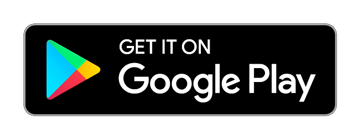Intuition was once considered a mysterious gift bestowed on only a few. More recently, scientists are recognizing it as a skill that anyone can develop.
Most of us have had some experience with what we call a hunch, a heart feeling, gut feeling or just a sense of “inner knowing” in making decisions in business, or having a strong sense about something with our children or someone we care about, or even in everyday activities like an inner prompting to drive defensively.
At the center of this intuitive ability is the human heart. Once thought to be no more than a pump, the heart is now being recognized as a sophisticated intelligence whose power is only beginning to be scientifically understood.
Surprising new research is showing that the human heart is involved in accessing what is called non-local intuition. This research reveals that the heart receives intuitive information before the brain by a second or slightly more, according to published research conducted by the HeartMath Institute.
This unconscious perception can be seen in subtle changes in our emotions and body. For example, changes in our heart’s rhythm can occur with an intuitive feeling.
While the degree of access to the heart’s intuition varies from person to person, we all have access to it – and this intelligence can be cultivated.
Practical intuition is something we can use daily for moment-to-moment choices and decisions in life; in helping increase our sensitivity and care towards others – and in deepening our connections with ourselves and those we care about.
Researchers have found a significant relationship between increased heart rhythm coherence and becoming more sensitive to our intuitive signals. As we slow down our minds and attune to our deeper heart feelings, our natural intuitive connection begins to flow.
Listening to our intuitive signals unfolds more understanding of ourselves, others, and issues in life. This practical intuition is something we can access daily for making more effective choices and decisions.

